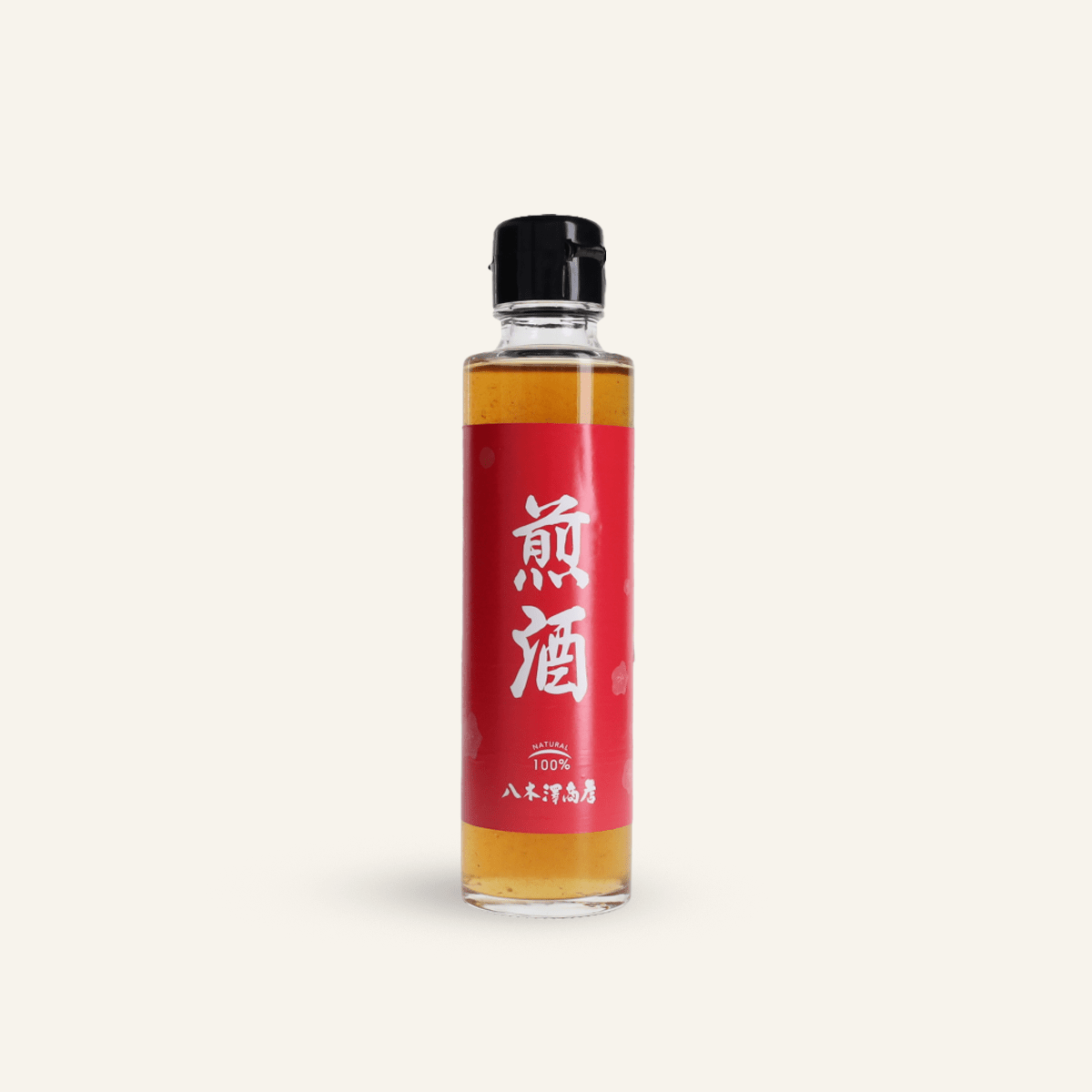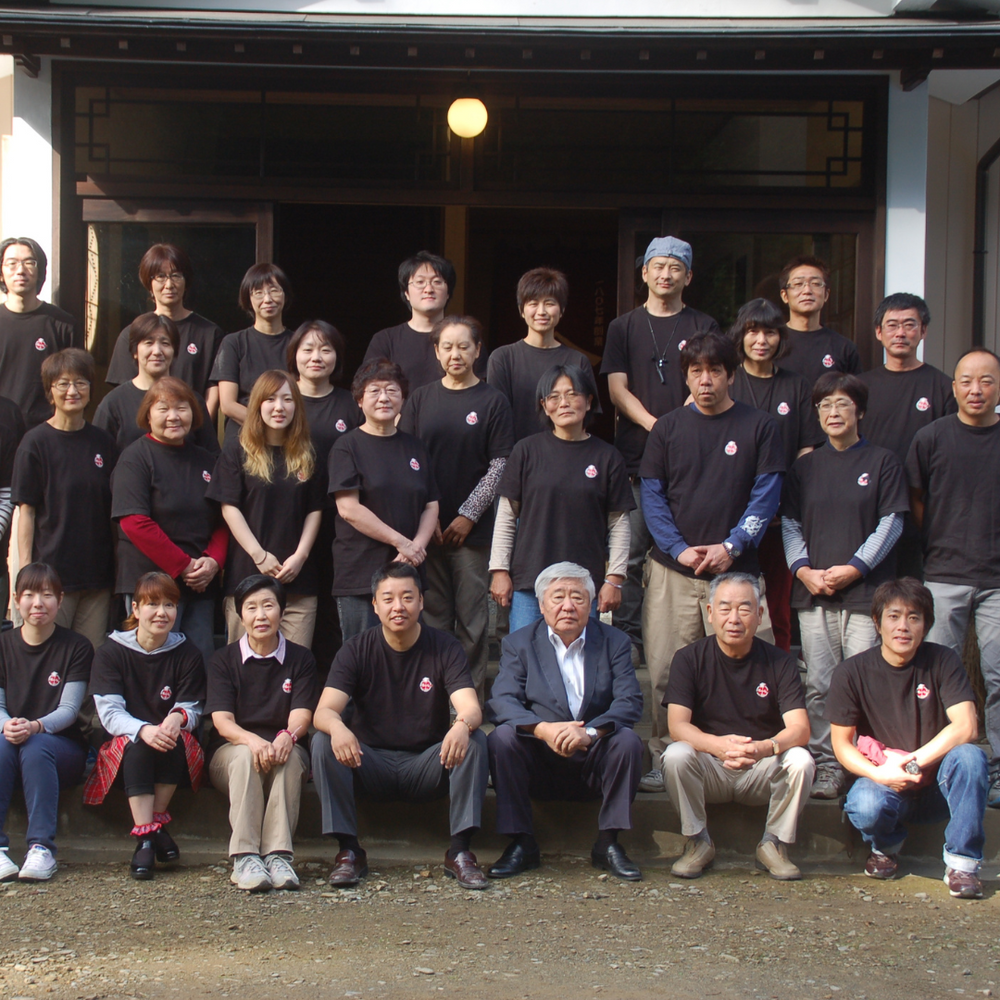Sauces
Irizake - ancestral ume sauce 150ml (1.76°)
Irizake - ancestral ume sauce 150ml (1.76°)Ref. {{ sku }}: Ref. 676
In stock
Description
Flavor
The combination of dashi with ume plum vinegar gives a well-balanced, slightly salty, umami and tangy flavor.
Conservation
Store at room temperature and away from sunlight. Once opened, refrigerate and consume within 2 weeks.
Ingredients & Allergens
Nutritional Values


Yagisawa
Founded in 1807 in the Rikuzentakata village, in Iwate Prefecture, Yagisawa Shoten has been producing soy sauces, miso, dashi and other condiments according to artisanal methods. The house places particular importance on fermentation time, the quality of raw materials and the purity of the water, thus offering products rich in umami and faithful to traditional Japanese flavors. The March 11, 2011, the tsunami almost completely destroyed Rikuzentakata and took away all of Yagisawa's facilities. Determined to continue its business, the company temporarily produced using other manufacturers' facilities. Reconstruction of its site began in May 2012, and production resumed at its premises in February 2013. Today, Yagisawa continues to showcase its heritage, while innovating to offer exceptional condiments that find their place in Japanese kitchens as well as on tables around the world.























